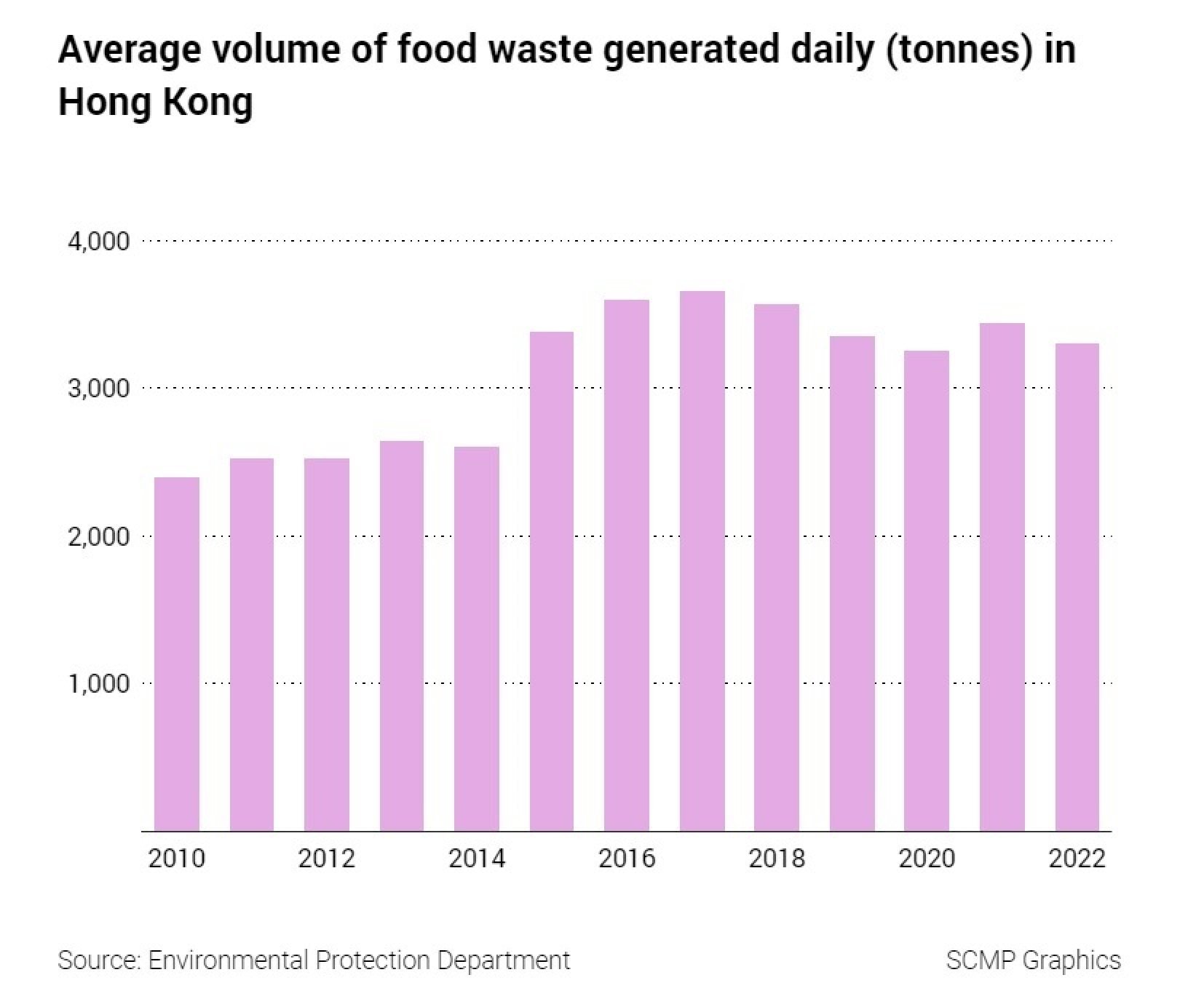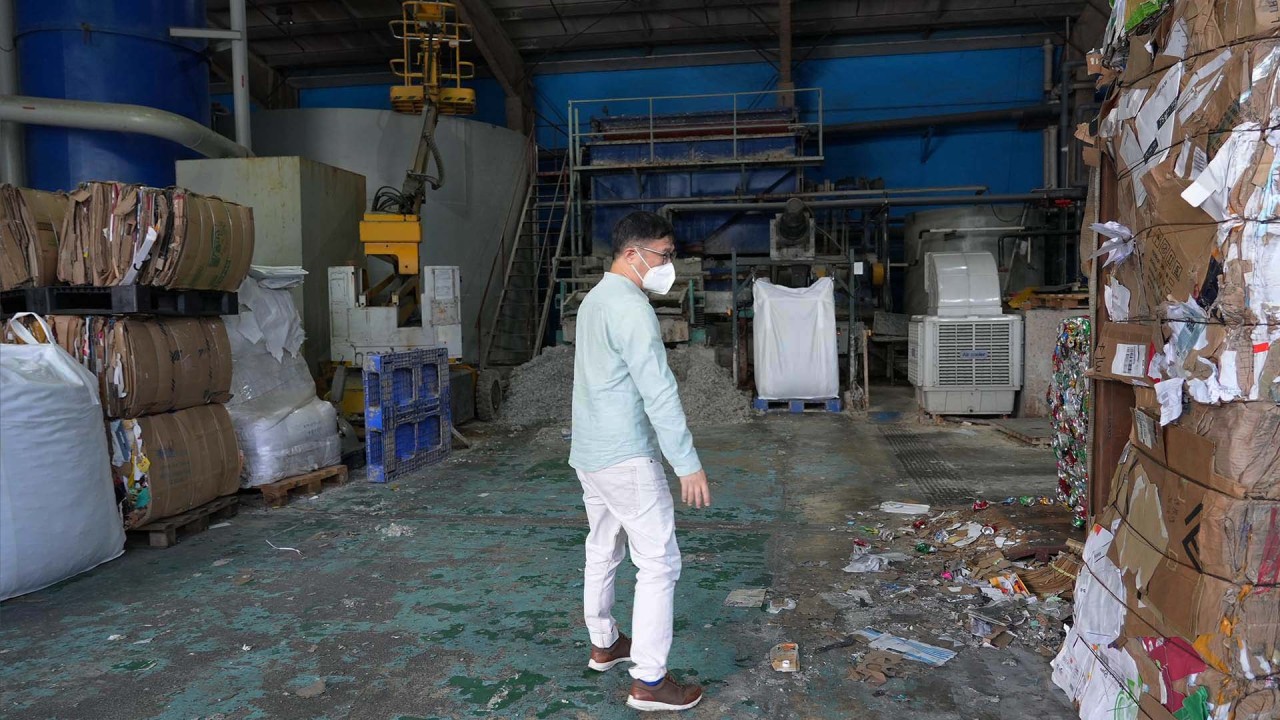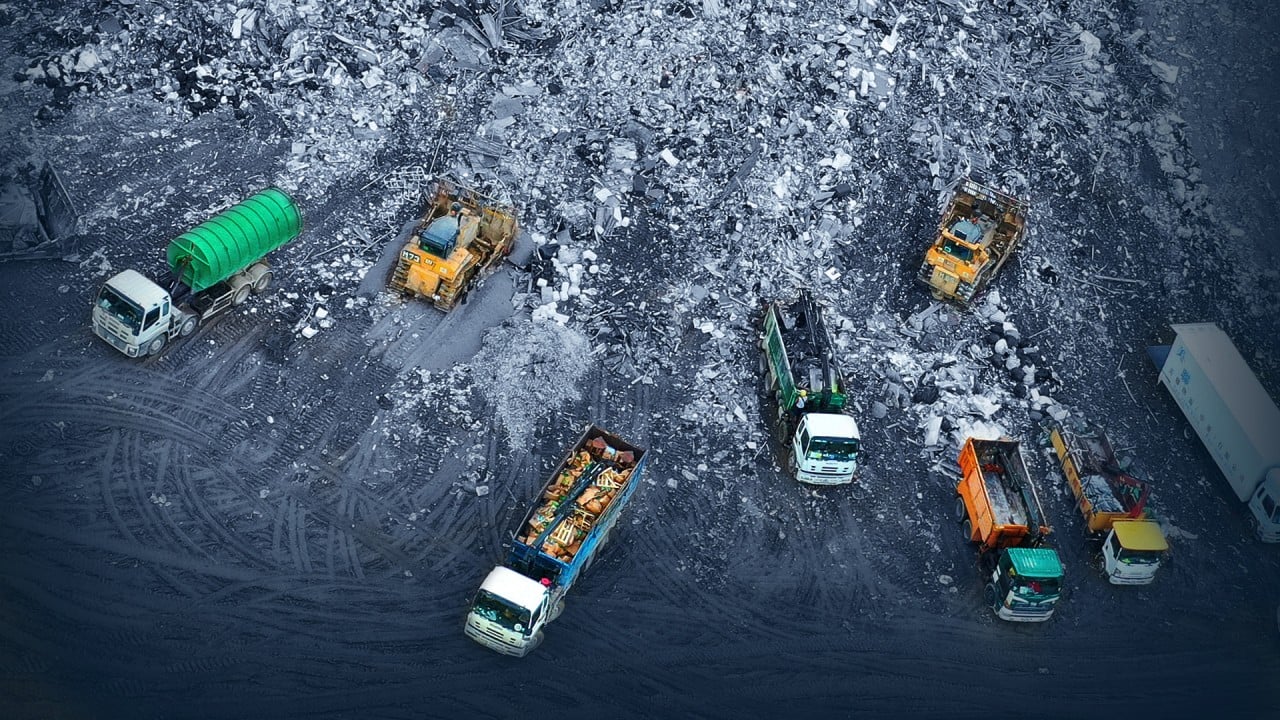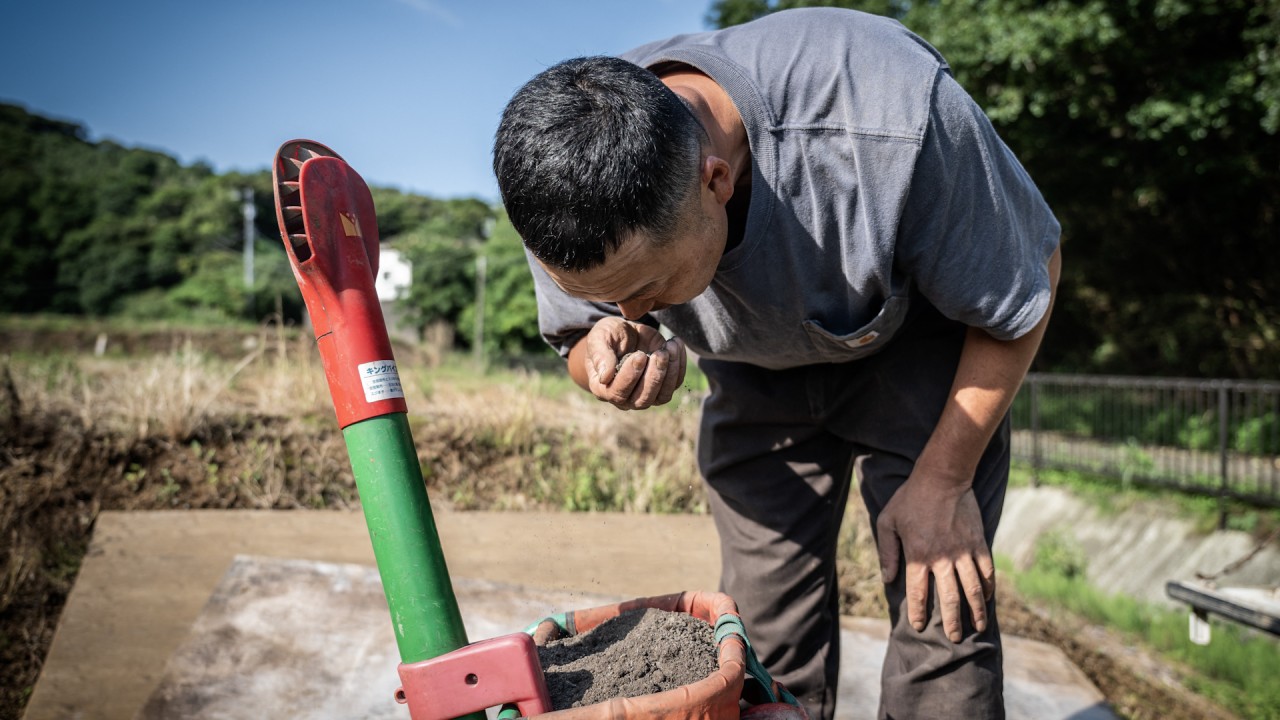By integrating the roughly 170 public refuse collection points in the urban areas with the 220 recycling points, Hong Kong would have a scaled-up network of waste collection and recycling for its community.
Meanwhile, the Housing Department, responsible for managing the 258 public rental housing estates that accommodate about 2.1 million residents, should also play a role in waste management.
The government, with the support of the Environmental Protection Department, needs to centralise coordination through the Environment and Ecology Bureau, which holds policy responsibilities.
By addressing the fragmented structure of waste management and promoting institutional reforms, Hong Kong can establish an efficient and comprehensive recycling system that benefits both the environment and society.
The policies needed for reform should be led by Chief Secretary Eric Chan Kwok-ki, whose work can be divided into three phases, for the short, medium and long term.
At the outset, a thorough understanding is needed of the city’s public refuse collection points, including their number, distribution and locations, as well as the division of labour in waste handling.
In 2022, out of 11,130 tonnes of solid waste, food waste constituted nearly 30 per cent, or about 3,300 tonnes. The bulk of this, at 2,300 tonnes, was domestic waste while the remaining 1,000 tonnes came from commercial and industrial sources, including restaurants, hotels, wet markets, and the food production and processing industries.
The government outsources the management of all this food waste. Waste collectors and recyclers are contracted to transport all the food waste to treatment centres.

In the grand scheme of things, the government should not overlook the Agriculture, Fisheries and Conservation Department. Hong Kong has 4,400 hectares of farmland, of which 3,700 hectares constitute fallow agricultural land. Turning food waste into fertiliser and making it a critical component of our local agricultural system is a way forward.
The Science Park, EcoPark and local universities should also invest resources in scientific research on waste recycling and treatment to help the government make the best decisions. This will create an industrial ecosystem that combines the best practices and research.
If Hong Kong can implement a system that incorporates waste collection, classification and recycling, as well as the conversion of waste to energy and biofertilisers, its blueprint for green development will become reality.
But first, the government must abandon the mentality of outsourcing. Such an ambitious blueprint requires the active participation of officials. Professional consultants may be called in to help but in the long run, it will be up to government officials to engage with the research process and field studies to ensure accountability.
In this, certain responsibilities will lie with Deputy Chief Secretary Warner Cheuk Wing-hing. He has to continue driving institutional reform for effective waste management. He also has to see to the rewording of rules and regulations for waste classification by analysing the existing system and the proposed waste-charging scheme, while researching new recycling technologies.
Also, Legislative Council members and the district councils should support the government in solving problems and meeting challenges, instead of merely criticising the policies. They can propose solutions based on the conditions of their respective districts, considering factors such as the prevalence of public or private housing. Tailoring the waste collection model to each district’s circumstances will improve the effectiveness of the entire recycling ecosystem.
Mathias Woo is co-artistic director and executive director of Zuni Icosahedron




